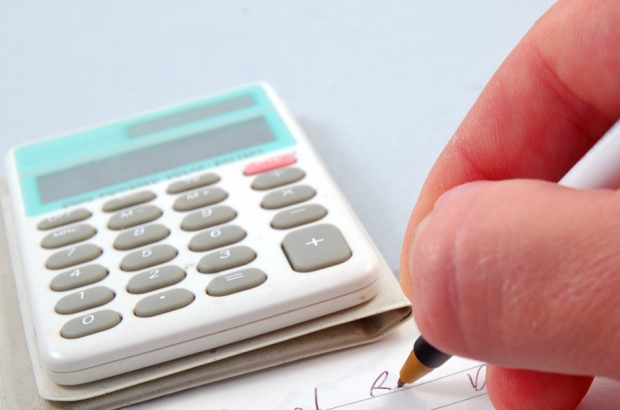- Daily & Weekly newsletters
- Buy & download The Bulletin
- Comment on our articles
Still haven’t filed your tax return? Don’t despair
If you haven’t filed your tax return yet, you’re too late. If you do not file your tax return or if you file it late, the taxman can make you pay for it. He can deduce your taxable income from estimates and force you to prove what your actual taxable income is - and that is not a nice position to be in.
There is a backup solution, though. If you are late, go and see an accountant or a tax adviser; they can file their clients’ tax returns until October 16. Of course, there will be a fee to pay, but they may come up with some tax deductions that you were not aware about.
Assessment
When your tax return is filed, the ball is in the taxman’s court. He has a year to assess the tax and send you the notice of assessment, the aanslagbiljet or avertissement extrait de role. The name is reminiscent of the days when taxes were ‘enrolled’. Of course, nowadays, these rolls are digital, and all the tax officers have to do is print out the demands to pay tax. If you have paid too much tax during the year or if you have tax deductions, you may be able to get some tax reimbursed. The bills are usually sent by mail but you can chose to receive your bill online via Zoomit. The first assessments are sent as early as July or August. Tax-on-web has made the process so much faster and more efficient; scanning paper tax returns still takes some time.
When you receive the bill and it shows a tax reimbursement in your favour, make sure that the account number on the bill is correct. If not contact the tax office immediately to give them the correct account number. You will get the reimbursement two months later. If you have to pay tax, you also have two months to pay and interest is only due after two months. Note that interest is quite high at 7% per year.
If the taxman does not send the tax bill before 30 June 2014, it will be null and void, and you will not owe any tax for the whole year. What is more, you can even claim back the tax withheld on your remuneration. Do not keep your hopes up, though: the taxman is rarely late.
Audit
When they are sent out, tax bills are rarely audited. It is only after they have been sent out that the tax authorities really start auditing the tax returns. That is because they have three years to audit tax returns. For 2012 income, that is until December 31, 2015.
In general, audits span two years, but that does not mean that every single one of us is audited every two years. The tax authorities profile taxpayers and use ‘data mining’ software to compare the tax returns of taxpayers and unearth unusual patterns. Moreover, with the EU Savings Tax Directive and more effective cooperation between tax authorities, the tax office has more information about overseas income than a couple of years ago.
To audit your tax return, the taxman should come to you but house calls are rare. The tax inspector usually invites you to come and see him with your documents, or he sends a letter with a list of questions ; you then have one month to answer.
Undeclared income
If the taxman finds mistakes or undeclared income, he must first send you a letter explaining how he plans to correct your tax return and what fine(s) he intends to impose. If you do not agree, you have one month to object and to set the record straight. it is only after a month that the tax authorities can send a new tax bill. For minor omissions or mistakes, the tax authorities tend to send you a new tax bill without giving you notice first. That is a breach of the rules, and in theory you could file an application to have the tax bill declared null and void. That does not mean you will escape paying the tax; the tax man will just issue a new bill even after the standard period three years.
In principle, the taxman can audit 2012 income until 31 December 2015, and he can go back three years. In 2013, he can ask you questions about 2010. In certain situations, he can go back seven years rather than the standard three years, if he has indications of tax fraud and if he has advised you in writing that he has such indications before he starts investigating. In that case he can go back to 2006 and your 2012 income can be audited until December 31, 2019.
If the taxpayer does not file a tax return, does not give answers when requested by the tax authorities or does not object when the tax authorities announce they will correct the tax return, they may issue the tax bill on the basis of the information they have in their possession. The tax authorities have to advise the taxpayer in advance and give him a chance to reply and set the record straight. It is only if the taxpayer does not react or if they find his answer insufficient that they may impose the tax. In that case the burden of proof shifts from the tax authorities to the taxpayer, and gives the tax authorities the right to impose a fine.
The taxpayer who has omitted income from his tax return, risks a fine. Depending on the importance of the undeclared income and the number of times the taxpayer has been caught, that can be 10, 20 or 50% and in some cases 200% of the additional tax. There are also fixed fines for incomplete or incorrect tax returns, varying between €50 and €1,250.

















